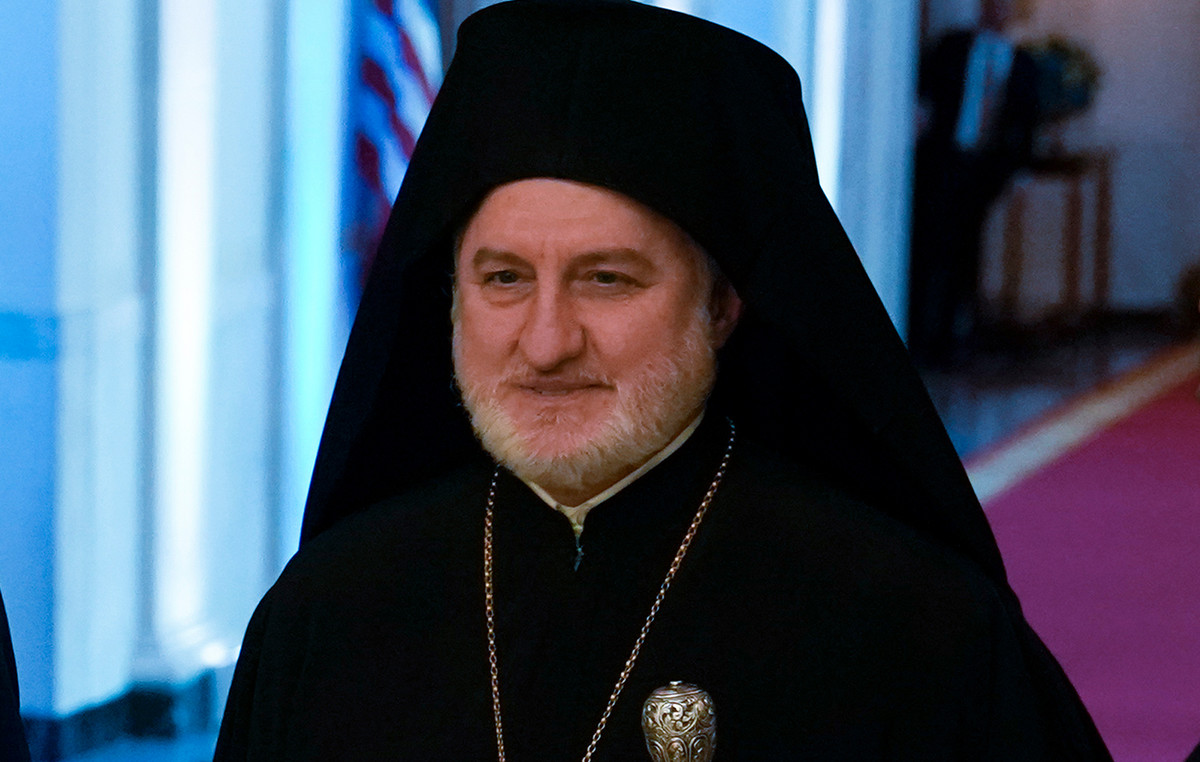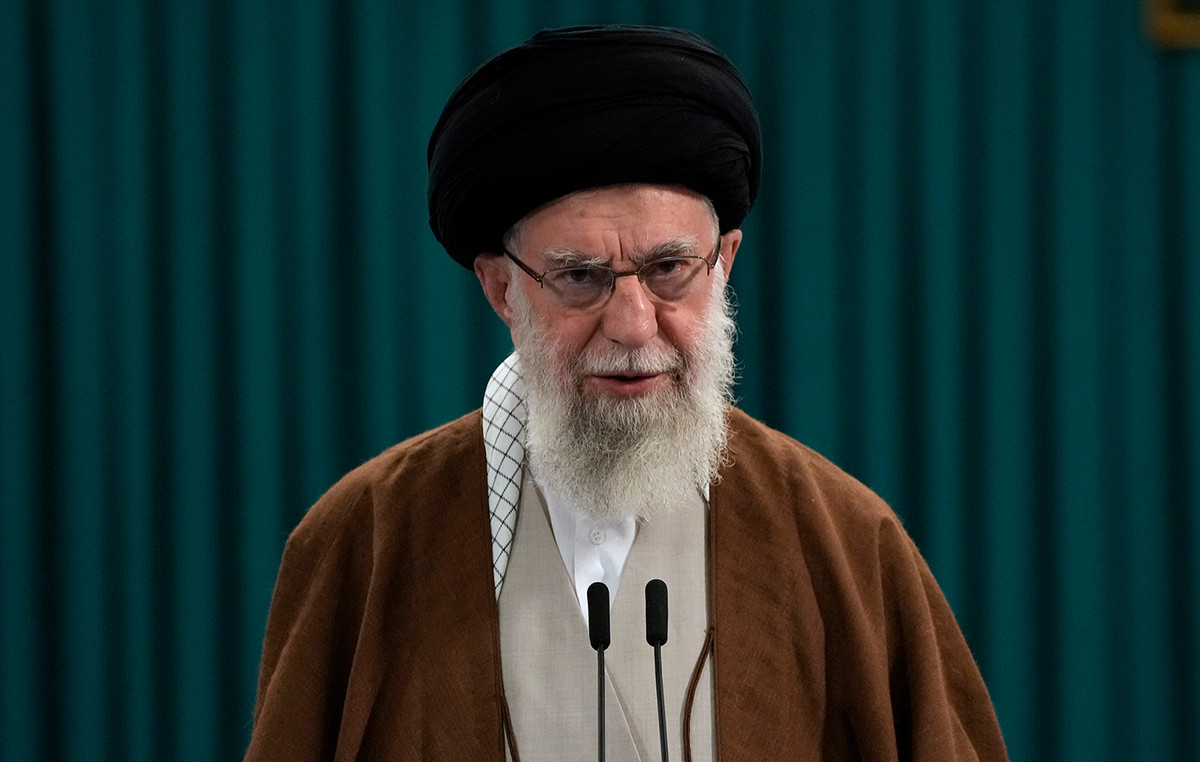The majority of the main European indices ended the sessions mildly higher, with the exception of Germany which turned negative at the close after new pressure from Moscow with a further reduction in natural gas flows.
In particular, the pan-European Stoxx 600 closed at 426.24 points, marginally strengthened by 0.13%, with the banking sector attempting to boost transactions by +1.7%, while the travel and leisure sector fell by around 1%.
The high capitalization of the Stoxx 50 also moved at a similar rate, outperforming slightly by +0.21%, ending at 3,604 points.
In the rest of the European charts, in France the CAC 40 closed with a rise of 0.33% to 6,237 points, the British FTSE 100 strengthened by 0.4% to 7,303 points, while on the other hand in Germany the DAX came under pressure in the last hour of the session and finished with losses of 0.33% at 13,210 units.
On a day that already had negative news about Frankfurt, as the business confidence in the country deteriorated sharplythe news that Gazprom is cutting back further flows through the Nord Stream pipeline led to a barrage of sales that ultimately turned negative.
The picture was relatively better in the regional markets, where in Spain the IBEX 35 ended at 8,085 points with +0.4%, while in Italy the FTSE MIB strengthened by 0.8% at 21,382 points.
In the field of resultsRyanair announced that posted a net profit in the quarter although lower than estimates and saw its stock increase by 4.7%.
The Dutch medical equipment company Philips has announced earnings fall higher than expected and plunged 7.7%.
Vodafone Group moved corresponding to expectations and moved around unchanged, while Julius Baer announced lower profits for the first half increased by 2.2%.
Elsewhere, investors’ attention turns to its two-day monetary policy meeting Fed which will end on Wednesday, with analysts expecting a 75 basis point rate hike. Last week, the European Central Bank opened its own hike cycle with a move to 50 basis points.
The ECB may have to agree a moderate recession in order to control inflationary pressures on pricesif it sees signs that inflation expectations are strongly rising, pointed out Robert Holzmannmember of the Bank’s Board of Directors, in an interview with the Austrian state broadcaster ORF.
“We hope that this will not become necessary,” Holzmann added. to note that the size of the rate hike in September will depend on developments in the economic outlook.
Market players “weigh” the impact of interest rate hikes in terms of ECB in economic output in the eurozone. ECB President Christine Lagarde has pledged that European central bankers will continue to raise interest rates until they achieve their goal of returning inflation close to the 2% target.
Source: Capital
I am Sophia william, author of World Stock Market. I have a degree in journalism from the University of Missouri and I have worked as a reporter for several news websites. I have a passion for writing and informing people about the latest news and events happening in the world. I strive to be accurate and unbiased in my reporting, and I hope to provide readers with valuable information that they can use to make informed decisions.







